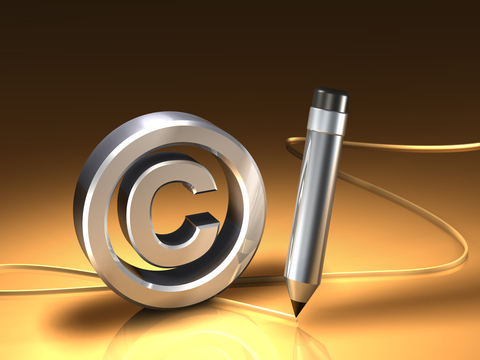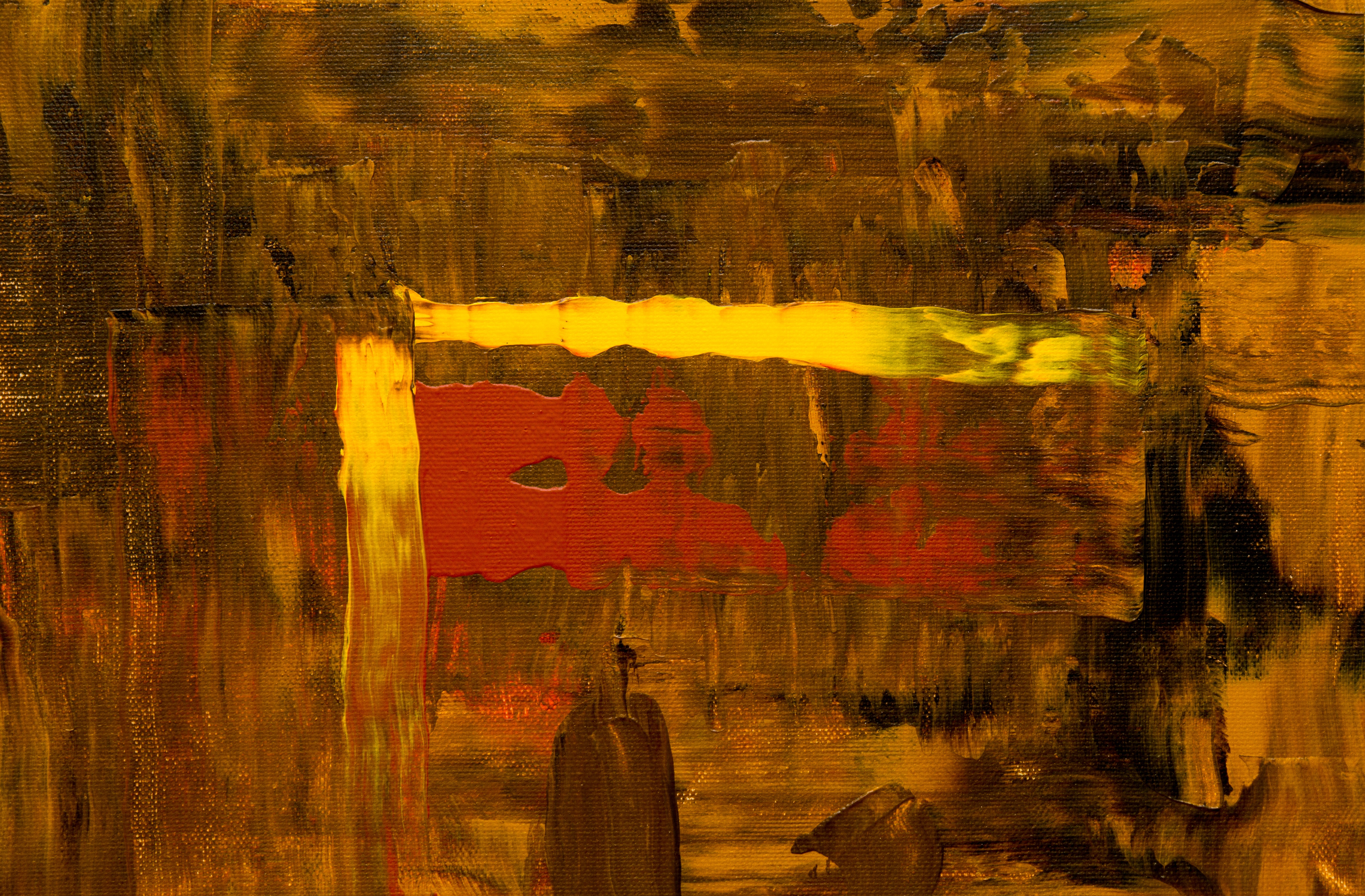
So what about Copyright?
The simplest way to think about this form of intellectual property is the “Right to Copy” which is part of what is commonly called the “bundle of rights” that apply to copyrighted works. So what does THAT mean? Copyright applies to original works of authorship including literary, dramatic, musical, and artistic works, such as poetry, novels, movies, songs, computer software, and architecture. Copyright does not protect facts, ideas, systems, or methods of operation, although it may protect the way these things are expressed. Your work is under copyright protection the moment it is created and fixed in a tangible form that it is perceptible either directly or with the aid of a machine or device. Do I have to register with your office to be protected? Registration is voluntary, although to succeed against an infringer (wrongful copier of your work) you will have to prove its existence from the date you created it. While copyright exists from the moment the work is created, you will have to register it with the Copyright Office if you wish to bring a lawsuit for infringement of your work, and collect damages and attorney’s fees.
I’ve heard about a “poor man’s copyright.” What is it?
The practice of sending a copy of your own work to yourself is sometimes called a “poor man’s copyright.” There is no provision under copyright law regarding any such type of protection, and it is not a substitute for registration. Lots of other myths abound, such as the 15% rule: if a work is more than 15% different from another work, it is not an infringement. This is NOT true. What is a general rule is that when you see something you like, and decide to adapt it for your own, you are treading on dangerous ground. Someone else wrote those words or music, painted that picture, created that web image, the software program or logo. When you see the symbol © on a page, design or other creative work, you can be sure whoever created that work is serious about protecting it. But the © is not required for a work to be protected, and does not equal registration in the Copyright Office, though it used to be in years gone by. Before you go ahead and click “screen capture” for commercial use, give me a call.
For more about copyright, visit the US Copyright Office, using the button below.
Visit the Copyright OfficeCONTACT US
Contact - Details
7119 W. Sunset Blvd. Suite #605 Los Angeles, CA 90046
My Skype : Sylvia.Mulholland1
